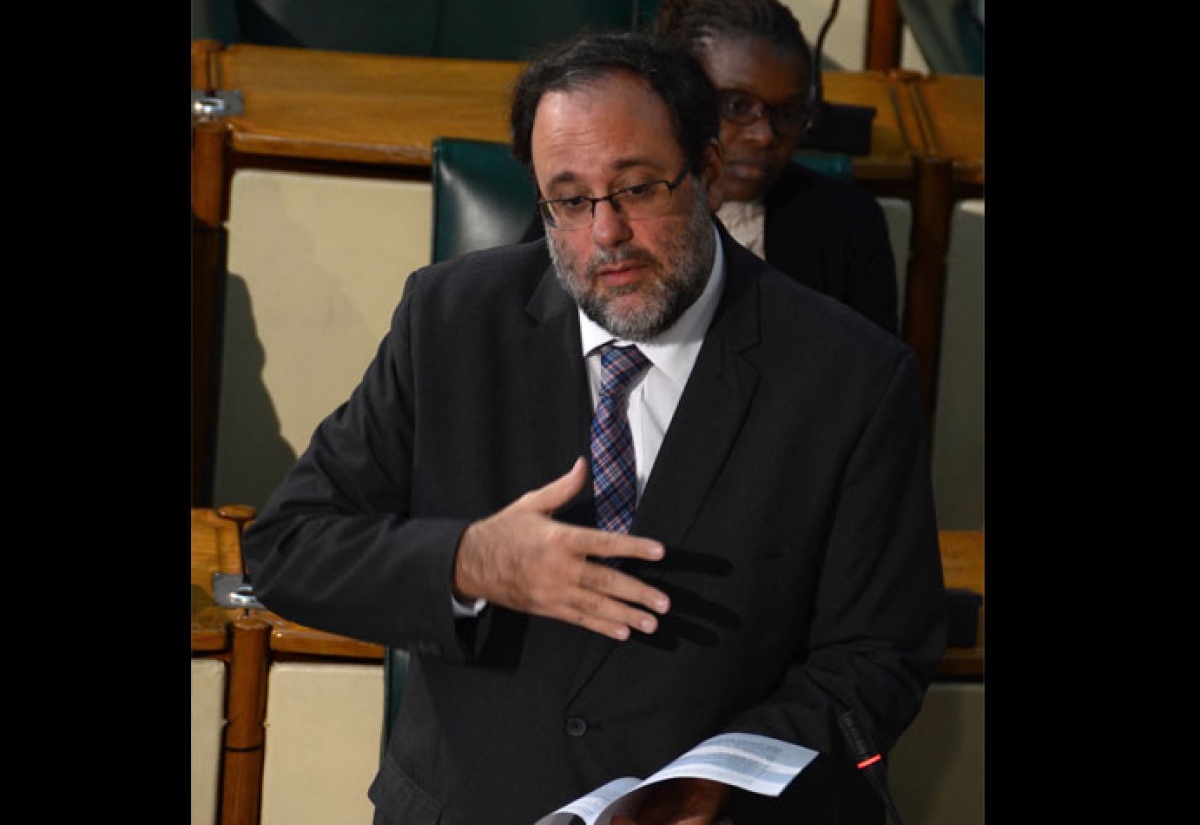Senate Approves Bankruptcy Act
By: , October 17, 2014The Key Point:
The Facts
- The Act was approved with 43 additional amendments, following passage in the Lower House with 100 amendments.
- Prior to its passage, the Jamaican law on bankruptcy and insolvency was contained in two pieces of legislation - the Bankruptcy Act and the Companies Act.
The Full Story
Passage of the Bankruptcy and Insolvency Act, 2014, in the Senate on October 16, now paves the way for entities facing bankruptcy to safeguard their operations against closure.
The Act was approved with 43 additional amendments, following passage in the Lower House with 100 amendments.
Prior to its passage, the Jamaican law on bankruptcy and insolvency was contained in two pieces of legislation – the Bankruptcy Act, which covered personal and individual insolvency; and the Companies Act, which dealt with the winding up of insolvent corporate bodies.
The Bankruptcy legislation dated back to the 1880s and had been the subject of ad hoc amendments over the years. The procedural rules of the Act were not only outdated, but also conflicted with the rules that govern other court proceedings.
The new law deals with bankruptcy, insolvency, receiverships, provisional supervision and winding up.
Government Senator and Minister of Justice, Hon. Mark Golding, who piloted the Bill, said this is the “most challenging piece of legislation,” he has had to deal with since becoming Minister of Justice (in 2012).
“It is a very major piece of legislation, a very complex piece of legislation and some 309 sections long, and it has taken a lot of effort from very many people to get us to this point and I think we have a good Bill,” he said.
In his contribution to the debate, Opposition Senator, Nigel Clarke, concurred that it is a “monumental” piece of legislation which is highly technical and complex, “and it’s probably the longest Bill to be introduced since the Companies Act of 2004.”
“Taken together with the Secured Interest in Personal Property legislation, this represents a quantum leap in the legal and commercial architecture designed for a modern economy, and I am an enthusiastic supporter of the Bill, as I believe it is of fundamental importance to the emergence of the kind of vibrant economy that we all want,” Mr. Clarke said.
Senator Clarke, who was a member of the Joint Select Committee of Parliament mandated to review the legislation, pointed out that it was a “very dynamic process.”
“The Joint Select committee met over 20 times over eight months, going through clause by clause of the original Bill, and meeting on Saturdays and Sundays as required,” he said.
Senator Clarke also praised the individuals, agencies and interest groups who “laboured over the Bill for a long period of time and made substantial contributions to its improvement.” These included the Private Sector Organisation of Jamaica (PSOJ), the Jamaica Chamber of Commerce (JCC), the Institute of Chartered Accountants of Jamaica, the Jamaica Bar Association, the Office of Trustees in Bankruptcy, the Bank of Jamaica, and the Financial Services Commission.
He further singled out the contribution of Canadian consultant, Patrick Shea, the Attorney General’s Department and the Office of the Parliamentary Counsel.
Opposition Senator, Cavan Gayle, also welcomed the legislation, noting that it is very critical, not only to businesses, but to the working class
“This piece of legislation is an important one. We have waited on it a very long time and I commend the approach and its intent,” he said.
Leader of Government Business in the Senate and Minister of Foreign Affairs and Foreign Trade, Senator A.J. Nicholson, congratulated all who were involved “in getting the Bill to the stage it has reached.”
The new law seeks to accommodate corporate and individual insolvency; and facilitate the rehabilitation of an insolvent debtor. Additionally, it proposes to repeal the Bankruptcy Act, and matters connected with, or incidental to that Act, including amendment of the Companies Act.
The introduction of the new legislation is expected to make the insolvency process less time-consuming and costly, and will seek to address the stigma of personal bankruptcy or corporate insolvency.
According to the World Bank’s Doing Business Report 2013, resolving insolvencies in Jamaica takes 1.1 years on average and costs 18 per cent of the debtor’s estate.
Under the new law, the interests of all stakeholders will be given due consideration. It also makes provisions for rehabilitation or re-organisation of the business affairs of the debtor. In addition, a licensing regime for insolvency practitioners is also to be introduced.


